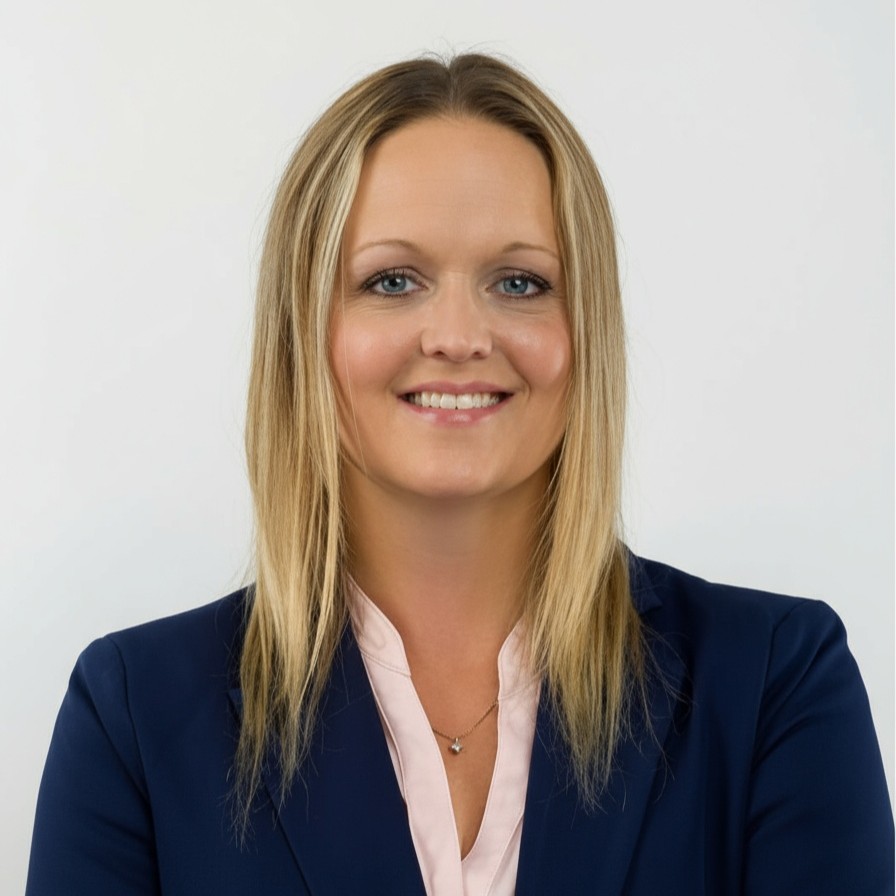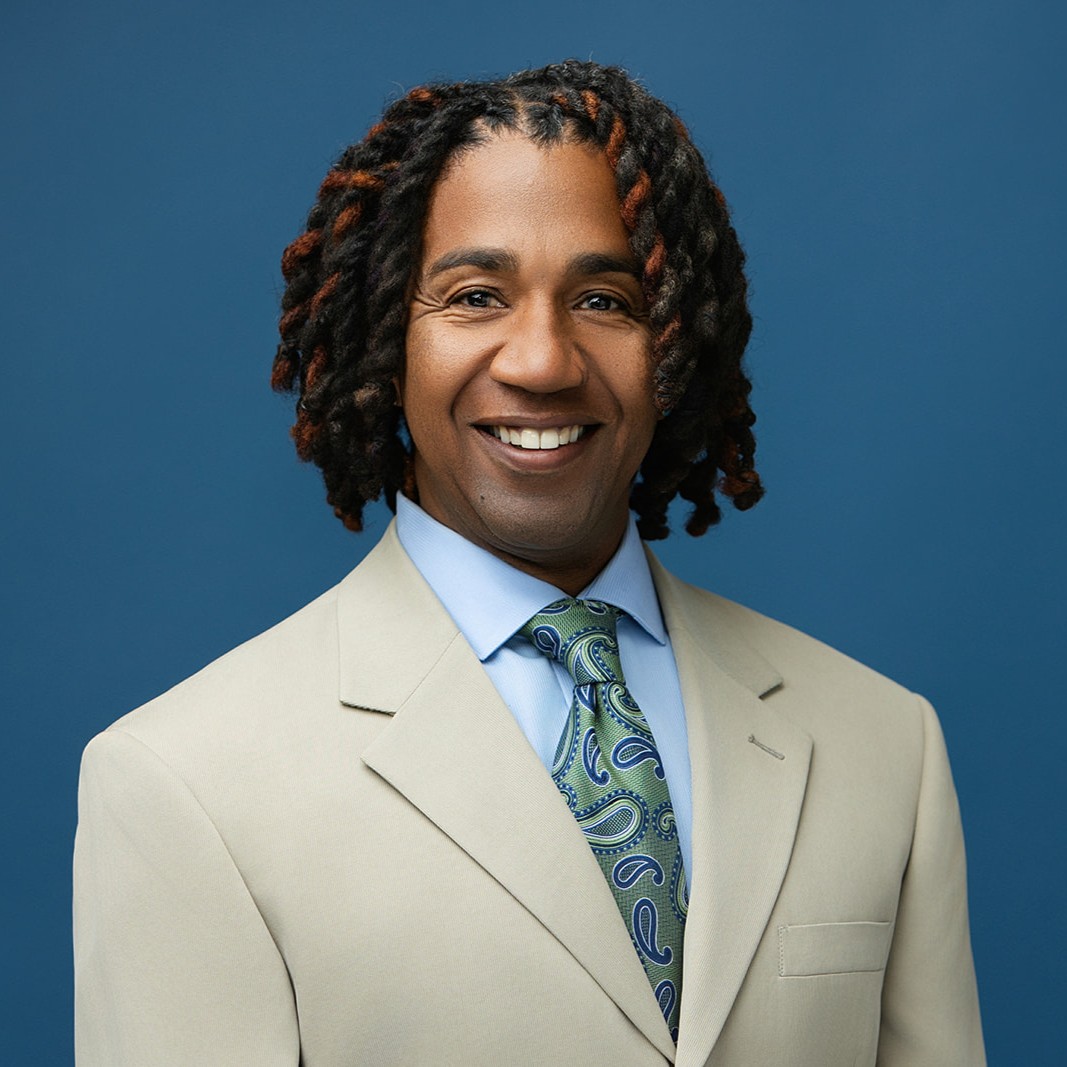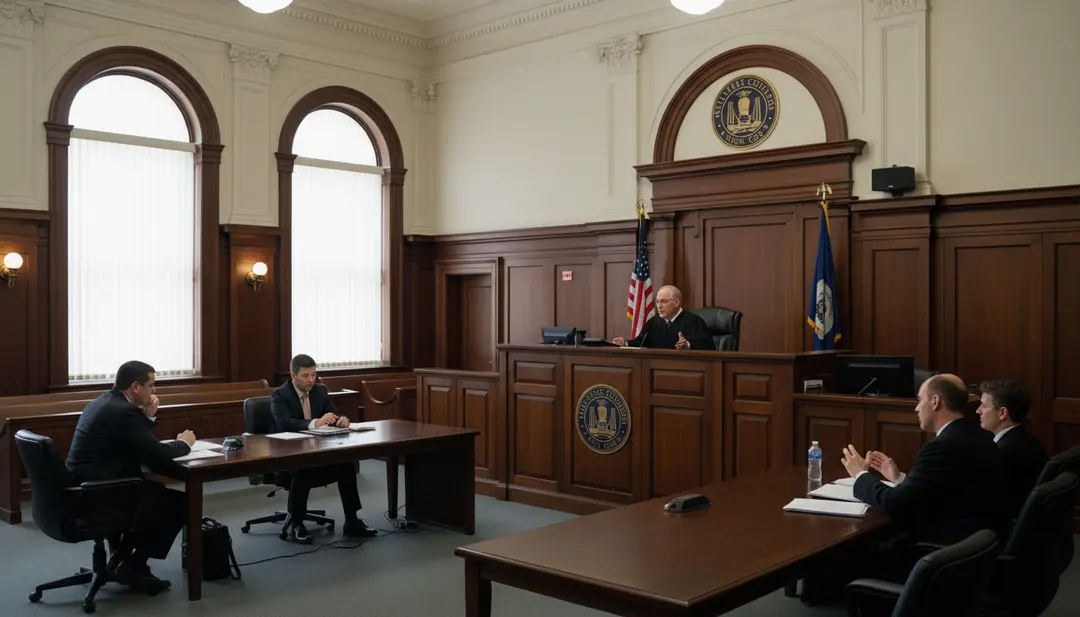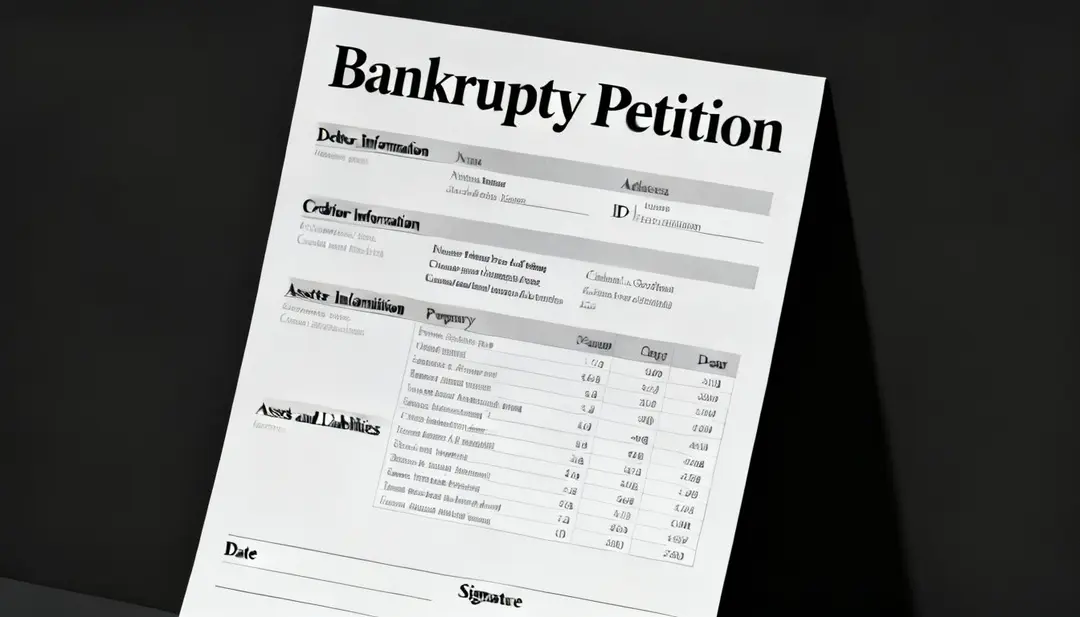HOA Reserve Fund Management: Why Arizona Board Members Need Effective Reserve Studies [Updated 2025]
Sustainable community operations depend on thoughtful HOA reserve fund management. In Arizona, effective reserve studies form the foundation of sound financial planning for HOAs. These studies help board members anticipate long-term needs and handle major repairs without sudden increases in assessments or unexpected special levies.
We are responsible for making sure our association is financially stable, complies with state laws, and is ready for whatever comes next. Taking reserve fund planning seriously protects both property values and resident trust. With guidance from an experienced Arizona HOA Attorney, like the team at Halk, Oetinger, and Brown, communities in Phoenix and Tucson can build a solid path forward. If you want to strengthen your board's approach, start with a close look at how regular reserve studies support long-term compliance and financial health.
Understanding What an HOA Reserve Study Is
Every successful community association depends on careful, future-focused planning. At the heart of effective HOA reserve fund management, the reserve study is a key tool for Arizona board members. This detailed review of community assets, their life expectancies, and expected replacement costs gives us a clear plan for handling major expenses without causing financial stress to residents. Instead of waiting for urgent repairs or sudden failures, a reserve study helps us plan ahead, protect property values, and maintain resident trust.
Defining the HOA Reserve Study
A reserve study is a financial planning report. It lists all major shared components—like roofs, swimming pools, roads, and mechanical systems—and estimates when they’ll need repair or replacement. It then calculates how much money the association should save each year to cover these costs as they come due. This prevents unexpected special assessments or emergency fee hikes.
We use reserve studies to:
- Inventory key community assets
- Project the lifespan of each asset based on condition, use, and climate
- Estimate future replacement or repair costs, adjusting for inflation
- Create a funding plan that matches the community’s goals and finances
Having a current reserve study keeps our board prepared, and it also reassures homeowners that we’re planning for the future, not just reacting.
Why Reserve Studies Matter in Arizona
Arizona’s extreme weather, intense summer heat, and rapid development can take a toll on buildings and infrastructure. Without regular planning, board members may face costly roof replacements, HVAC breakdowns, or resurfacing needs unexpectedly. Reserve studies turn these future risks into clear numbers we can budget for year after year. This shields homeowners from sudden special assessments and shows responsible stewardship.
Working with an experienced Arizona HOA Attorney, like Halk, Oetinger, and Brown, helps us understand legal rules and best practices around reserve studies. Their expertise makes sure our reserve fund is managed by law and industry standards, balancing community needs and budgets.
The Board’s Role in Commissioning and Updating Reserve Studies
Board members have a legal and ethical duty to order and review reserve studies regularly. Best practice is to get a full reserve study every few years—or sooner if the community faces unexpected changes or fast asset wear. Staying current lets us confidently decide on major repairs or upgrades. We also get clearer insights into the real costs of our amenities.
It’s smart to share reserve study results with homeowners. This builds trust and helps everyone understand how assessments are calculated. We adjust reserve fund contributions based on updated study advice, closing gaps in savings and smoothing out financial shocks.
For practical examples, Arizona associations can learn from real-world events and disasters, like those covered in The Crucial Importance of Reserve Funds for HOAs: Lessons from the Surfside Tragedy, to highlight why steady reserve planning matters.
Reserve Studies and Legal Compliance
Arizona regulates how HOAs manage reserve funds and disclose information to residents. Ignoring these rules can lead to disputes, fines, or legal action. Hiring professionals—like a Phoenix HOA Lawyer or Tucson HOA Attorney—keeps our community in line with state laws and helps avoid costly errors.
Reserve studies aren’t a one-time task. They’re an ongoing practice that supports financial stability, legal compliance, and long-term community health. Working with legal counsel such as Halk, Oetinger, and Brown ensures our reserve fund management meets state requirements and fits our community’s needs.
For more on board responsibilities in financial planning and reserve funding, see the article Understanding the Financial Responsibilities of HOA Board Members for useful guidance.
Key Benefits of Effective HOA Reserve Fund Management
Strong HOA reserve fund management benefits everyone—board members, homeowners, and legal advisors alike. By caring for our community’s financial future, we avoid surprises and build trust. Here are two main advantages of solid reserve fund management:
How Reserve Studies Protect Against Unexpected Costs
No HOA can avoid surprise repairs, emergencies, or wear on community property. Without a plan, we scramble for funds when a roof leaks or a pool pump breaks. A good reserve study helps us spot these needs early, so we save ahead.
Good reserve fund planning lets us:
- Manage financial risks by preparing for known expenses
- Fund major repairs without emergency assessments
- Avoid sudden fee hikes that upset residents
Think of the reserve fund as a safety net that softens the impact of unexpected costs. Instead of rushing for money, the association draws from a fund built for these moments. This gives homeowners peace of mind and keeps our board out of crisis mode.
For instance, a well-funded reserve account keeps things stable when a clubhouse air conditioner fails during an Arizona summer. This happens because of forward planning and regular reviews. Boards that skip this step either stress members or risk bigger problems later.
For more tips on reserve fund planning and legal considerations, visit What Your HOA Needs to Know About Assessment Payments in Arizona.
Boosting Trust and Transparency With Proper Funding
Clear and honest financial management keeps peace in our community. When residents see the board values open communication—especially about big expenses—they feel respected and informed. Sharing reserve study results, project plans, and fund balances helps everyone understand why assessments are set as they are.
Good reserve fund management shows we’re not guessing or catching up. We’re protecting the physical and financial health of the association. This also builds stronger ties with our Arizona HOA Attorney, who advises us on legal rules and industry standards.
Here’s how transparency in reserve funding builds trust:
- Homeowners see what their fees support, creating fairness and security
- Boards reduce rumors by communicating early and often
- Regular disclosures build credibility with members and legal partners like our Phoenix HOA Lawyer or Tucson HOA Attorney
Clear reserve funding stabilizes the community’s future. Members are less likely to resist assessments when they know how money is used. Working with experienced legal counsel, like Halk, Oetinger, and Brown, helps us keep policies and communications clear.
Following these reserve management practices sets us apart from less prepared associations. They turn challenges into chances to build trust and secure a well-maintained future for our neighborhoods.
Best Practices for Reserve Study Implementation and Oversight
Managing a reserve fund well means more than one study. Consistent oversight and clear steps for ongoing action make a strong association. Handling this responsibility methodically benefits everyone and helps boards deliver on financial stability.
Regular Updates and Inspections
Arizona’s climate, building age, and materials affect how fast community assets wear out. That’s why we treat reserve studies as living documents, not one-time reports.
Key tips for updating reserve studies:
- Schedule reviews every three to five years, or sooner if assets change or weather speeds deterioration
- Include physical inspections with each update to spot wear and prioritize risky components
- Work with specialists who know Arizona’s desert climate, since HVAC, stucco, and pavement age faster here
- Act on findings fast. If an inspection shows a failing roof or old pool deck, budget and communicate next steps quickly to avoid emergency fees or deferred repairs
Keeping residents in the loop is important too. We share clear updates at meetings, in newsletters, or by giving access to reserve study summaries. Open talks about plans and reasons ease surprise and boost support for needed reserve funding.
Board members also get input from experts like engineers and Arizona HOA Attorneys. Their outside views help us meet not only Arizona’s tough conditions but also legal and insurance rules. This confidence lets us move forward knowing we’ve covered all bases.
Legal Considerations for Arizona HOA Boards
Following state law in managing reserve funds is a must—it’s part of our duty. Arizona rules spell out how we must document reserve study updates, share info with members, and keep records.
Here’s how we stay on track:
- Keep detailed records of every reserve study, board discussion, and vote on reserve funding
- Follow disclosure and documentation rules in our governing documents and Arizona law
- Train new board members on the importance of record-keeping and how missing docs can cause conflicts or legal problems
- Consult pros like Phoenix HOA Lawyers or Tucson HOA Attorneys to review procedures, especially as laws or our community changes
We rely on trusted legal partners like Halk, Oetinger, and Brown, who help Arizona boards build strong record habits, handle tough questions, and improve governance. Their flat-rate services and practical counsel help us act quickly while protecting our interests. To learn more about association governance and why it matters for reserve planning, check their overview of Arizona HOA Governance Services.
By following these oversight and legal best practices, we keep our HOA reserve fund management steady, documented, and above reproach—ensuring stability for current and future residents.
Frequently Asked Questions About HOA Reserve Fund Management in Arizona
Many Arizona board members and community leaders share similar questions about reserve fund management. Knowing the basics helps maintain financial health, avoid homeowner conflicts, and stop legal troubles. Here are answers to common concerns for smoother operations.
How Much Should an Arizona HOA Keep in Reserve?
There’s no one-size-fits-all amount. The right balance depends on our community’s needs and upcoming projects. Each reserve study gives tailored advice based on property age, types of shared assets, and when repairs or replacements will happen. Experts generally recommend aiming for at least 70% funding compared to projected needs. This protects against big special assessments without pushing dues too high.
Regular talks with an Arizona HOA Attorney, like Halk, Oetinger, and Brown, clarify legal points and best practices for fund size. They make sure our targets fit our risk and budget.
How Often Are Reserve Studies Required in Arizona?
Arizona doesn’t require a fixed schedule statewide, but best practice is a full review every three to five years. Major events—like a strong storm, inflation, or new amenities—call for earlier updates. Frequent reviews keep boards active, not just reacting, fixing issues before residents notice.
Updates also let us check if our funding plan stays on track or if new risks appear. Many boards ask Phoenix HOA Lawyers to review both reserve studies and compliance after updates.
Who Decides How the Reserve Fund Is Spent?
Our HOA rules and state laws set the process. Usually, the board approves major reserve fund spending in official meetings. Spending covers repairs or replacements in the reserve study, like fixing playgrounds, repaving lots, or repairing roofs.
Transparency keeps the community on board. We document each decision, explain it clearly, and keep records. Working with an experienced Tucson HOA Attorney helps avoid spending problems and keeps transactions clean.
What Happens If the Reserve Fund Is Underfunded?
If the fund falls short, the board must raise assessments, call special assessments, or delay work. Delays often cost more later since repair costs rise.
Underfunding can also lead to criticism or legal disputes with homeowners who expect careful management.
By keeping up with reserve fund management and timely studies, we protect property values and peace of mind. When funds fall short, our legal advisors at Halk, Oetinger, and Brown help with clear communication and fair decisions. This may include new payment plans or funding options.
How Does Reserve Fund Management Affect HOA Insurance and Compliance?
Good reserve fund planning impacts insurance and legal duties. Insurers often see a healthy reserve as responsible management. It can help negotiate lower premiums or better coverage.
For details on how reserve requirements affect insurance and compliance, see Understanding Arizona HOA Insurance Requirements. We recommend regular reviews to keep reserve planning aligned with coverage and policy changes. Always coordinate with your insurance broker and legal counsel.
Where Can We Find More Guidance on Reserve Fund Rules?
Arizona HOA laws change as new rules and practices come up. We stay informed by using advice from our Arizona HOA Attorney and trusted resources. For updates on fund management laws and board duties, the article Guiding Arizona Homeowners Associations Through the Federal Corporate Transparency Act Compliance and Reporting is a good starting point, especially as reporting rules grow more complex.
For daily questions, boards should consult a Phoenix HOA Lawyer or Tucson HOA Attorney who offer fixed fees and community-focused service. Halk, Oetinger, and Brown support hundreds of Arizona HOAs, helping keep reserve funds in order with clear, practical legal advice.
Clear communication, practical knowledge, and solid legal support keep HOA reserve fund management strong. These FAQs guide our way, protecting homeowners and the community’s future.
Conclusion
Good reserve studies lay the groundwork for effective HOA reserve fund management and help us protect our community’s long-term stability and trust. By keeping reserve plans current and open, we create communities prepared for expected and surprise repairs while building homeowner confidence.
Working with skilled Arizona HOA Attorneys, like Halk, Oetinger, and Brown, brings clarity to complex rules and makes legal support affordable and predictable. With flat-rate counsel and efficient assessment services, they help hundreds of Arizona boards protect property values, boost transparency, and avoid surprises. For more tips on strong governance, read Top 10 Tips for Effective Condominium Governance.
Responsible reserve fund management isn’t just about following rules—it’s about peace of mind and a bright future for our neighborhoods. Thanks for reading and helping Arizona communities thrive. If your board wants to strengthen financial planning, connect with our experienced attorneys and see the difference thoughtful, flat-rate legal support can make.















